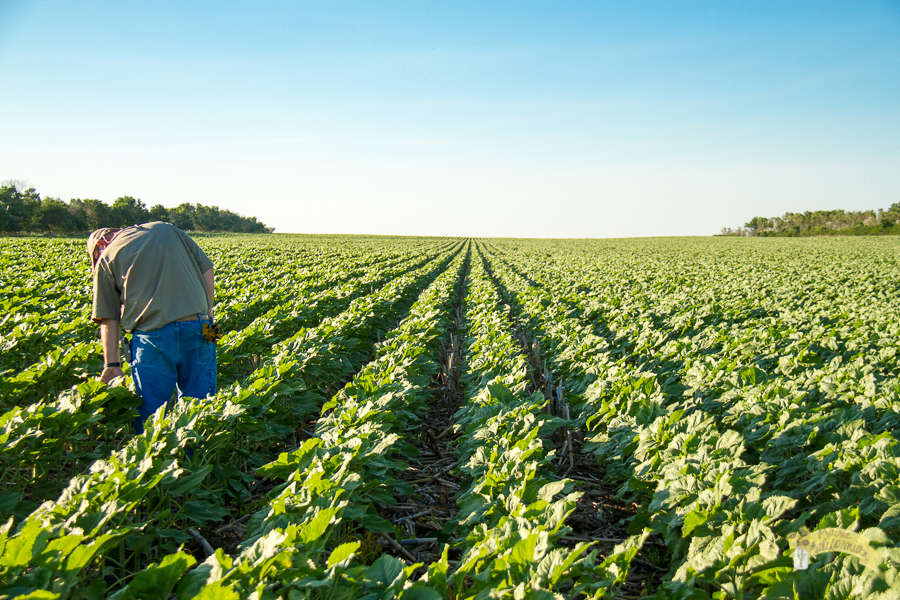
What is an agronomist?
An agronomist is a specialist who applies scientific understanding and strategies to the administration and production of crops. Agronomists do the job in a number of settings, from farms and ranches to governing administration agencies and personal organizations. They may also get the job done in research laboratories or educate at colleges and universities.
Most agronomists have no less than a bachelor's degree in agronomy or a relevant field, for example agricultural science or soil science. Many agronomists even have master's degrees or doctorates. The exact nature of an agronomist's position is dependent upon his / her specialty and employer.
Agronomists Perform a significant function in guaranteeing that crops are healthier and productive. They use their familiarity with plant science to develop techniques to further improve crop yield, battle pests and diseases, and preserve read more water along with other resources.
The job of an agronomist
is to help the entire world fulfill its growing food generation requirements. In accordance with the U.S. Bureau of Labor Figures (BLS), employment for agronomists is predicted to increase quicker than average, with openings agronomists as a consequence of growth and substitute requirements.
The work of the agronomist
is complicated and agronomists rewarding, with agronomists usually becoming involved with analysis and education.
The education of an agronomist
Agronomists want no less than a bachelor's diploma in agronomy or related field from an accredited university.
The future of agronomy
Agronomists help to make sure that the entire world's population has plenty of food stuff, they usually work to improve crop yields and decrease agriculture's impact on the environment. The BLS states that agronomists are in demand, but Competitiveness for Employment is likely to become strong.
Conclusion
Agronomists are concerned with the study of plants, and they function in a variety of fields, from agricultural research to raising crops. Agronomists are needed to ensure that crops are generated for consumption, but In addition they help develop biofuels and various plant-based products and solutions.